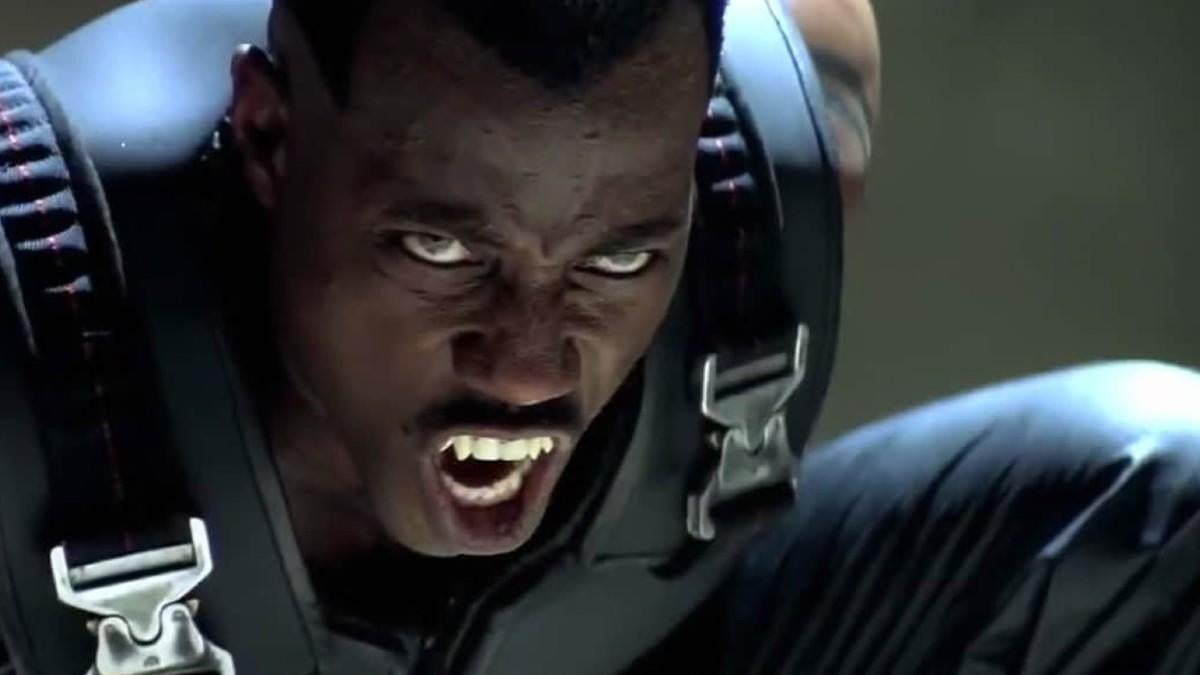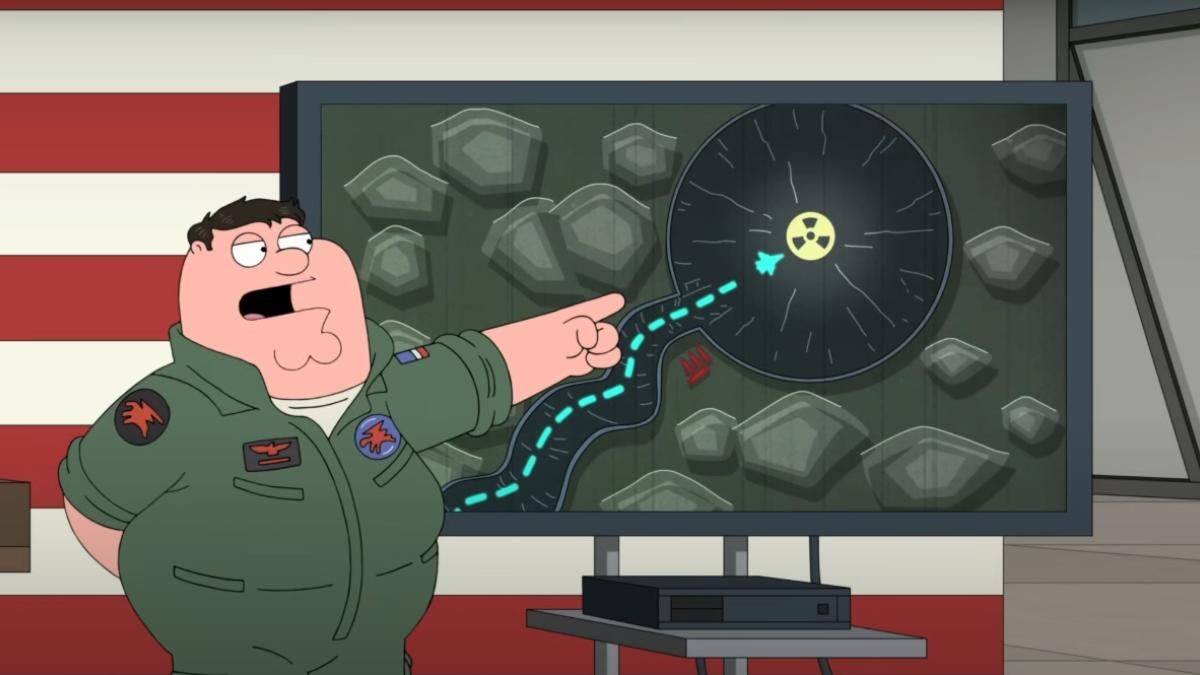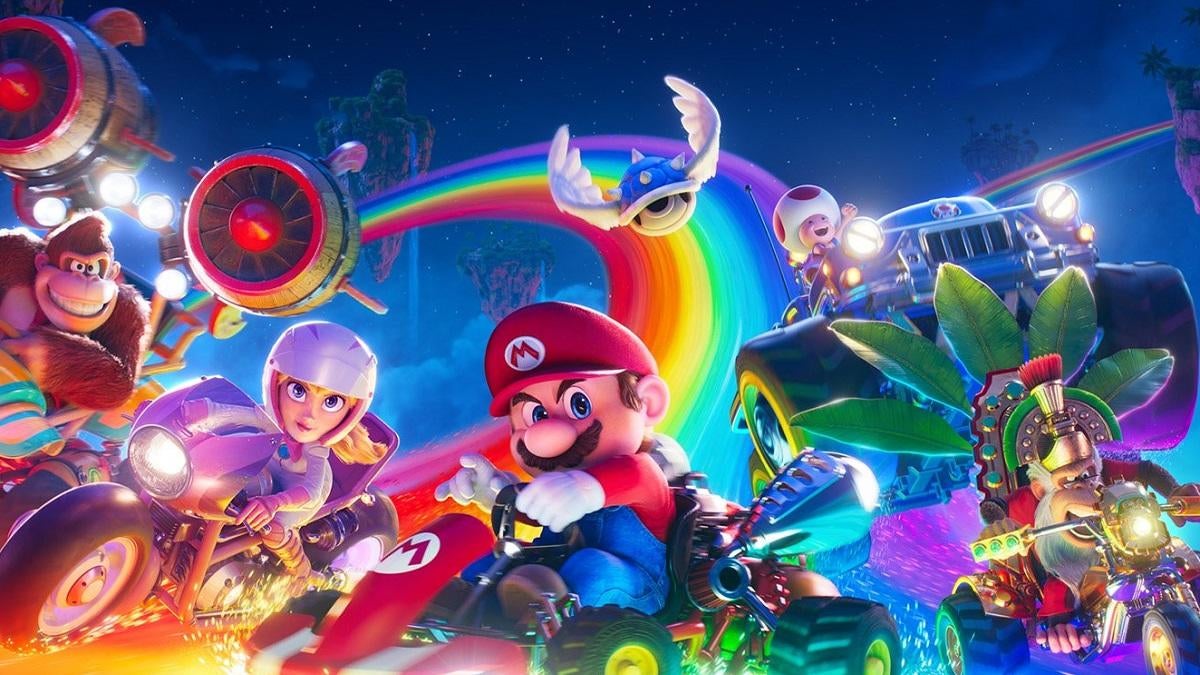The Witcher: Blood Origin Review: A Thrilling and Bloody Prequel Well Worth Your Time
1200 years before Geralt, Ciri, and Yennefer would undertake their epic quest, the continent was still full of conflict, political intrigue, and magic. It wasn't full of larger-than-life monsters and those who hunt them, however, until the conjunction of the spheres. The Witcher: Blood Origin seeks to establish what led to that world-changing event and weave new threads into the universe moving forward, all while spinning a compelling adventure unto itself. The goals are lofty, especially when trying to achieve them in just four episodes, but I quickly found myself drawn in by the stellar mix of peculiar personalities and bloody action, all brought together in a classic tale of rebellion, hope, and sacrifice. It has its flaws, but Blood Origin is an easy recommendation for those looking to jump into this world as well as for those who are already so lovingly invested in it.
Now, while Blood Origin is set well before the events of the mainline series, it still has physical tethers to Geralt's adventure through the use of Jaskier (reprised by Joey Batey) and Minnie Driver's mysterious character known as Seanchai. Seanchai and Jaskier's dynamic is lovely in their limited scenes, and as Batey has said, their scenes are more of a bookend to the story and a way to carry things on as opposed to significant in how the story plays out. I would have loved to see more of them, but it also makes sense why their time on screen is limited.
Blood Origin very much adapts a classic "assembling the team" concept through its first two episodes, and it's a double-edged sword. On the one hand, it allows you to get to know a smaller group more intimately, and that's rewarded in Episodes 2 and 3, especially in regards to Laurence O'Fuarain's Fjall and Sophia Brown's Eile. Their dynamic becomes central to the story rather early on, and without those first two episodes of seeing their relationship evolve, those final two wouldn't nearly have the same impact. That said, those final two episodes benefit greatly from having most of the team assembled and interacting with each other, and it's in these moments that the series absolutely shines.
One particular night of entertainment, laughs, and calm before the storm stands out the most. I could have lived in this moment in time for a whole extra episode, as the series not only moves Fjall and Eile's dynamic further, but Scian (Michelle Yeoh), Brother Death (Huw Novelli), Zachary (Lizzie Annis), Meldof (Francesca Mills), and Syndril (Zach Wyatt) all find their own moments to shine and bring warmth, romanticism, and uncomfortable truths to light. In fact, one specific scene between Meldof and Brother Death on the current plight of the elves and the pain still felt by the dwarves might be my favorite scene of the series; and prepare for a lot of Meldof cosplay, because she's an absolute scene-stealer throughout the entire show.
There's depth to be found in the antagonists as well, even with a more straightforward villain like Balor (Lenny Henry), whose commanding presence is felt in every scene he's in. Then there are conflicted characters like Merwyn (Mirren Mack), who wants what's best for her people but the execution is up for debate. Granted, there are not just human villains, as it wouldn't be a Witcher series without a few monsters to hunt, though they aren't as plentiful as you might expect. One or two more would have been ideal, but the ones that do show up are effectively larger than life, and one, in particular, feels quite unique, warranting the action set piece that follows.
Ultimately you will find out what laid the foundation for Witchers to come, and Blood Origin conveys just how agonizing the process of becoming a Witcher can be. Grief, shock, pain, and hope are all wrapped up in the process, and this pays off in a finale that is quite thrilling but also heartbreaking in unexpected ways. In that balance, it captures a mix that has made so many other Witcher tales so compelling, and while the effects occasionally do look like they could have used just a bit more time to bake, the moments that stick out never broke the immersion. It also helps that when swords and hammers clash, the action absolutely delivers. The combat is visceral and brutal, with every swing and smash conveying a grounding sense of weight. It's become a hallmark of the main Witcher series, and it's a welcome sight to see that carried into Blood Origin as well.
Blood Origin moves along a quickened pace but manages to keep from feeling rushed. That said, it does feel as if the show could have slowed down just a bit to hover in certain spaces in time, giving the talented cast more time to interact and convey more about their history and their hopes for the future. It's not necessary, of course, but personally, that would've probably been the perfect mix for me, though I can't argue that at four episodes it never felt like the show was dragging or decompressing for the sake of it, and by the end, I was satisfied with where we started, the journey in between, and where things conclude. The Witcher: Blood Origin accomplishes its goal of setting the stage for a universe and bringing life to a much talked about but rarely explored time in Witcher history, but while the event may be the central point, it's the characters and their short time together that will stick with me most, and I'm glad I had a chance to tag along.
Rating: 4 out of 5
The Witcher: Blood Origin debuts on Netflix on December 25th.




